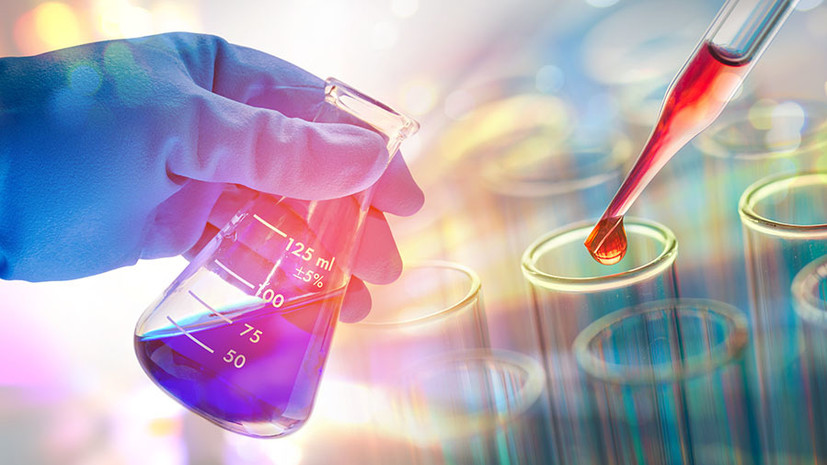ITMO University specialists have developed a simple technology for obtaining hollow nanoparticles with specified characteristics from liquid metals.
The development will find application in biomedicine and petrochemistry, according to the journal Chemistry of Materials.
As the researchers note, the technology developed by them makes it possible not only to simplify and reduce the cost of the method for manufacturing nanocapsules, but also to change their properties in accordance with the tasks set.
Previously, to create hollow nanoparticles, specialists used special equipment and expensive precious metals - platinum, silver and gold.
As scientists explained in an interview with RT, the new technology uses a more budgetary alloy of gallium and indium in comparison with noble metals.
And the technology itself does not require the use of special equipment.
Gallium melts at 30 ° C, and its alloy with indium becomes liquid at room temperature.
Then this liquid alloy is subjected to ultrasonic action, as a result of which micro and nanodroplets are formed.
Further, under the influence of galvanization (galvanic replacement reaction), hollow metal nanoparticles are created.
According to experts, dozens of different metals are suitable for the application of the new method, which have a higher electrochemical potential than gallium and indium.
“You can get both monometallic hollow particles, and bi- and even trimetallic.
... This method will allow any researcher to obtain a capsule of the desired shape and size, ”notes the main author of the study, a master's student at ITMO University's chemistry and biology cluster, Alexandra Falchevskaya.
As the researchers told RT, bimetallic particles will find application as catalysts for the conversion of carbon dioxide and methane into a gas suitable for obtaining organic substances and producing electric and thermal energy.
Hollow bimetallic particles of gallium and copper created using the new technology will be in demand for the reaction of dehydrogenation of hydrocarbons in petrochemistry.
Another useful application of the development is biomedicine, scientists believe.
Hollow nanocapsules can be used as a transport - a method of drug delivery in the body.
Currently, the ITMO University team is working on miniaturizing nanoparticles to make them suitable for such tasks.
Also, the authors of the study note the antibacterial effect of the obtained nanocapsules.

